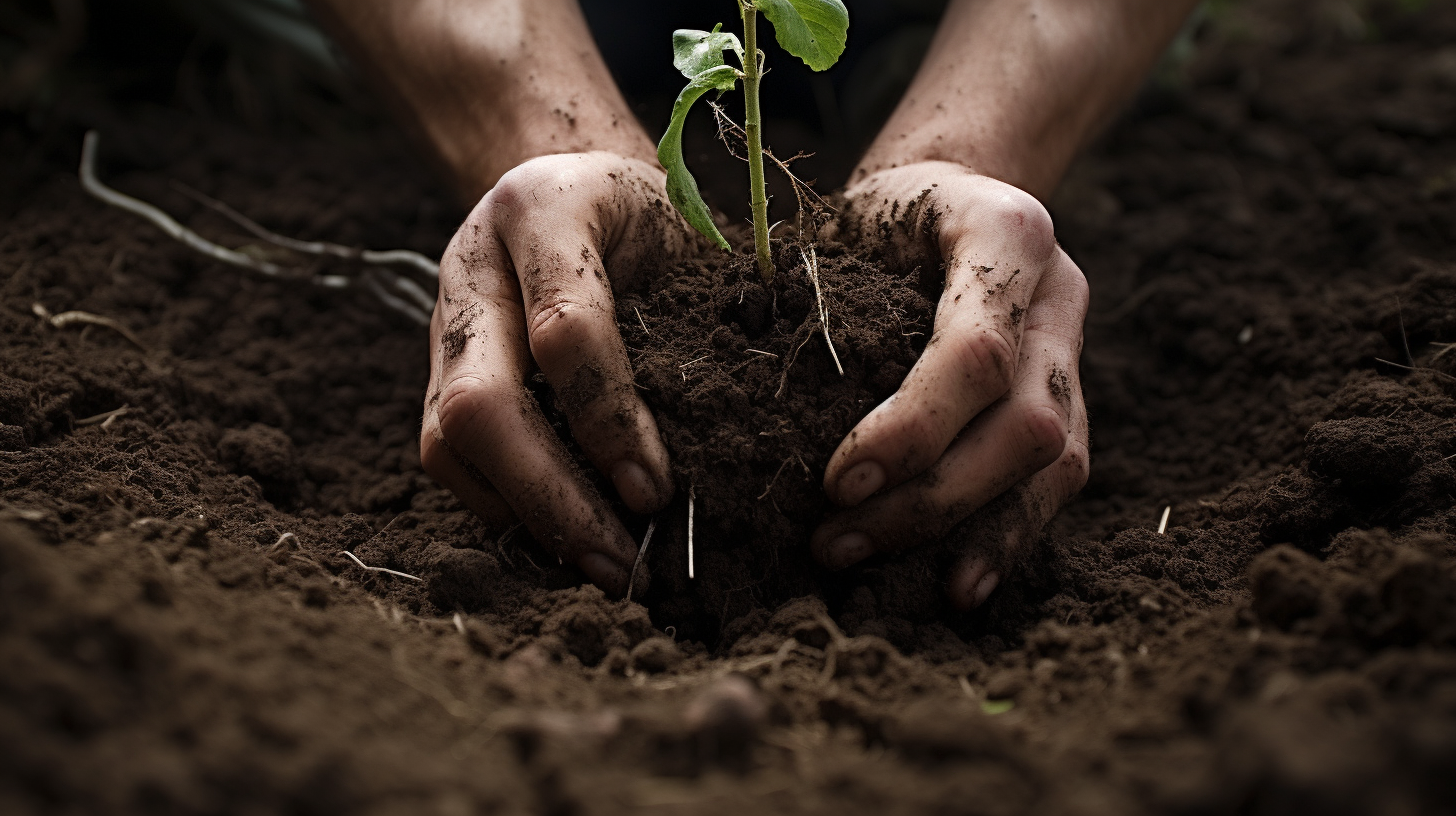Under a somber sky, the once-vibrant fields lie desolate, the silence of the seeds palpable. Through the blanket of hushed despair, we ask: will anything grow again? This is a question not of curiosity, but of existential urgency.
It’s been years since farmers and Sole Tenders have labored relentlessly over the weeping wounds of the Earth, planting the so-called ‘resilient’ bioengineered seeds designed to confront the harshest conditions. Nature’s once bountiful banquet has dwindled into a few precious patches of fertility, so zealously guarded that the term ‘Soil Pirates’ has entered our vernacular. And yet, despite humanity’s obstinate defiance, seeds continue their eerie quiescence below the barren brow of parched land.
Remembering the ‘Cries of the Soil’, a poignant predecessor to our current tale, those signals of distress seem eerily prophetic now, as the despairing hush haunting our farms is as deafening as the wails that once went unheeded. And though we’ve profiled the valiant battles to hold on to fertility, to sustain the modesty of growth against the apathy of decay, it seems the ‘Last Battle for Fertile Soil’ wasn’t a battle at all. It was a eulogy.
The tale handed down by nature is no longer one of soft whispers and secreted delight. Instead, the narrative we unearth is laced with lament. ‘When the Ground No Longer Quenches Its Thirst’, an apt preamble to this tale of eco-weariness, warned of a future where soil turned from friend to foe, now exemplifies the stark truth that form our present bleak landscape. The tableau before us is that of a mother, Earth, bereft of her children, her vitality fleeing through the fingertips of time.
Scientists and storytellers alike now wade through barren fields searching for parables of warning and wisdom that might prick the conscience of civilization. Where do we find hope when the lifeblood of agriculture pumps no more? Land, which once shook beneath the rhythmic dance of earthworms and thrived on the microbial minuet, now lies inert, an unyielding canvas upon which nothing grows.
The Sole Tenders, once vibrant pillars of hope, vestiges of a time when life pulsed beneath our feet, now seem relics of a bygone era – a testament to our sterile present. And Soil Pirates, those erstwhile agents of despair, are but shadows, whispers on the wind, as there remains little to plunder but the ghost of fertility long departed.
We stand amidst this eerie standstill not to serenade victory, for our protagonist, as it so happens, is not resilience but resignation. Where there was ambition to coax life from the dust, there is now a void, a silence punctuated only by the wind’s forlorn sigh. This is the canvas upon which the folly of our generation’s environmental stewardship, or lack thereof, is starkly illustrated.
In this symphony of silence, can we find a chord that resonates with rebirth, or is the final note already reverberating in the emptiness? As we traverse the chapters of this sorrowful saga, the shadow of past environmental sins lengthens, and we grapple desperately with the shards of what could have been, peering into the abyss to glean some semblance of a second chance.
Amidst the stillness of the seeds, the silent soil suggests an epitaph rather than an invitation to renewal. But in the dialect of dystopia, one must listen carefully, for even in the throes of finality, there lies an implicit refrain: heed the lessons that led us here, and pledge vigilance for the sake of narratives not yet written.
To the question posed, ‘Will anything grow again?’ – we find the answer etched in the silence, in the space where harvests hummed. It is neither no nor yes, but a resounding plea to remember when seeds did sing beneath the sun and vow that their silence, now deafening, will not be an eternal one.
